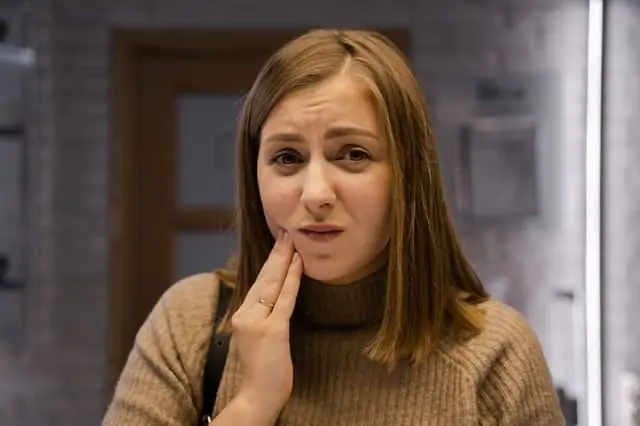
Pain in your teeth is such a unique yet unpleasant feeling. The zings and throbbing that come along with a toothache are enough to make you miserable. We get it, and even though we don’t wish toothaches on anyone, the truth is, they happen. But sometimes the hardest part of treating a toothache is finding out what’s causing the pain in the first place. That’s where your dentist in Long Grove comes in.
Common Reasons Why Your Teeth Hurt
A toothache is often different from other pains we experience throughout our bodies. Most of the time, we can’t see that anything is wrong with our teeth, but we sure can feel it. While it’s important to have your dentist properly diagnose the source of a toothache, here are some of the most common reasons behind tooth pain.
A cavity is essentially a hole in the tooth. If left untreated over time, the cavity will become larger. If the cavity gets so big that it gets too close to the nerves, you will feel it. Cavities can usually be fixed through fillings, but cavities that are too big and too deep may require a root canal.
Caused by a bacterial infection, an abscess is a pocket of pus that can pop up on different areas of our mouths. The pain is usually a throbbing type and it can move into the ears and jaw. Sometimes, an abscess also causes facial swelling or a bad taste in your mouth.
Believe it or not, you can break or chip a tooth and not know it, that is until you feel it. A broken or chipped tooth can expose the nerves and cause pain.
Habitually clenching your teeth when you’re stressed out or grinding your teeth at night can cause tooth pain. These habits can also lead to broken teeth as well as jaw pain.
It can be difficult to tell the difference between gum pain and tooth pain, and sometimes what we think is a toothache is actually a sign of gum disease. If not treated, gum disease can progress into more serious forms and increase pain, cause tooth loss, and even lead to other problems throughout the body.
The best way to find out why your teeth hurt is to schedule an appointment with your dentist in Long Grove. We’ll perform an in-depth examination and take any x-rays we may need to find out once and for all what’s causing your tooth pain. After we know the culprit, we’ll know exactly how to fix it.
What To Do For a Toothache
While you’re waiting for your dental appointment, there are several at-home toothache remedies you can try such as:
Depending on what’s causing your tooth pain, some of these tips may work better than others. Try a few and find what gives you the most relief. But remember, these remedies are temporary. It’s still important to get a proper diagnosis and treatment from your dentist in Long Grove.